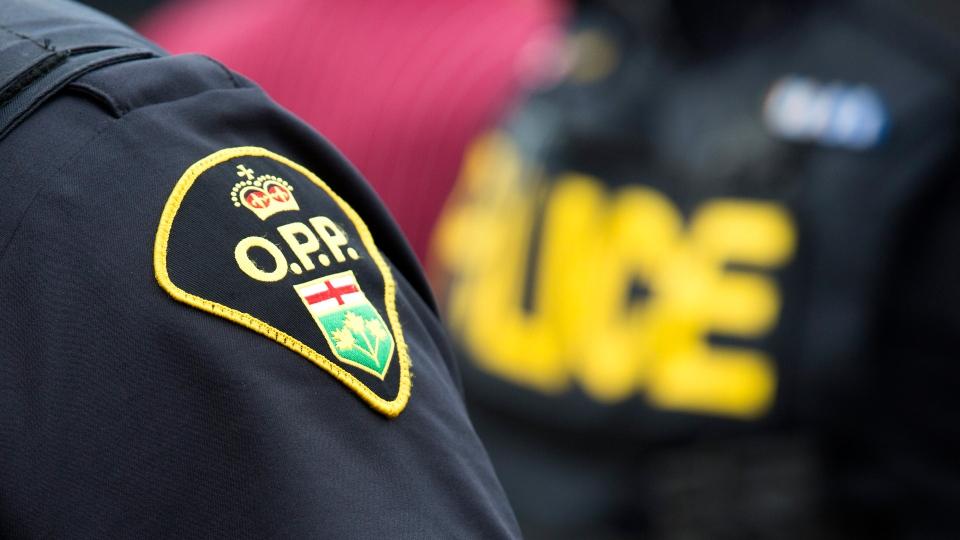OCDSB operating budget approved for 2022-23 academic year
Posted Jun 16, 2022 03:05:00 PM.
The Ottawa-Carleton District School Board (OCDSB) has approved its budget for the 2022-2023 academic year, with a focus on maintaining supports for students and managing costs associated with health and safety measures.
Trustees approved an operating budget of $1.056-billion and a capital budget of $124.5 million during a special board meeting on Tuesday, June 14, 2022. The budget includes an expected deficit of $9.2 million, down from $14.9 million in 2021-2022.
The board says the budget includes funds to support the following:
- The continued need to support investments in technology to student learning, including devices, software licenses and network infrastructure;
- Important investments in staffing to support equity, human rights and inclusion objectives;
- The continued focus on mental health supports for students and staff, including reengagement initiatives with students; and
- Ensuring resources and support for school administration in addressing student supervision.
“As we transition out of the pandemic, I'm optimistic that this budget will provide a good foundation for important work in the 2022-23 school year,” said OCDSB chair Lynn Scott. “Resources will be in place to restore and improve student achievement and well-being. The necessary structures have been created to support changes in practice to advance progress in the area of human rights, equity and diversity. The OCDSB will continue to build a culture of innovation, caring and social responsibility, by engaging with our staff, students, families and community partners.”
Budget highlights include $137.4 million in spending on special education, which is a $2 million increase from the previous year, a $1.9 million increase for Indigenous education and a $1.1 million increase for mental health and well-being.
The budget also includes $35 million in capital priorities, such as the building of new schools, $9 million in school renewal and $49.1 million in school condition improvement.
As for staffing, the budget includes 8,326.93 full-time equivalent (FTE) staff, an increase of 218.53 . The board says the increases are primarily due to increased enrolment, although some refinements to staffing were made in response to the special education needs of students and to board-identified priorities in the area of literacy and guidance.
The board is projecting an average daily enrolment of 74,165 elementary and secondary students for the year, a projected increase of 1,187 students. Also, the board says the increase in enrolment will have a direct impact on various grants, including an additional $12 million in funding compared to the previous year, as well as a $4.4 million increase in funding for special education, $1.9 million increase for Indigenous education and $1.1 million for mental health and well-being.
Financial outcomes would still be impacted as repercussions of the ongoing COVID-19 pandemic represent a continuing uncertainty, however, the board hopes high vaccination rates and recent improvements in hospitalization rates will allow students and staff to return to a more normal learning environment.










